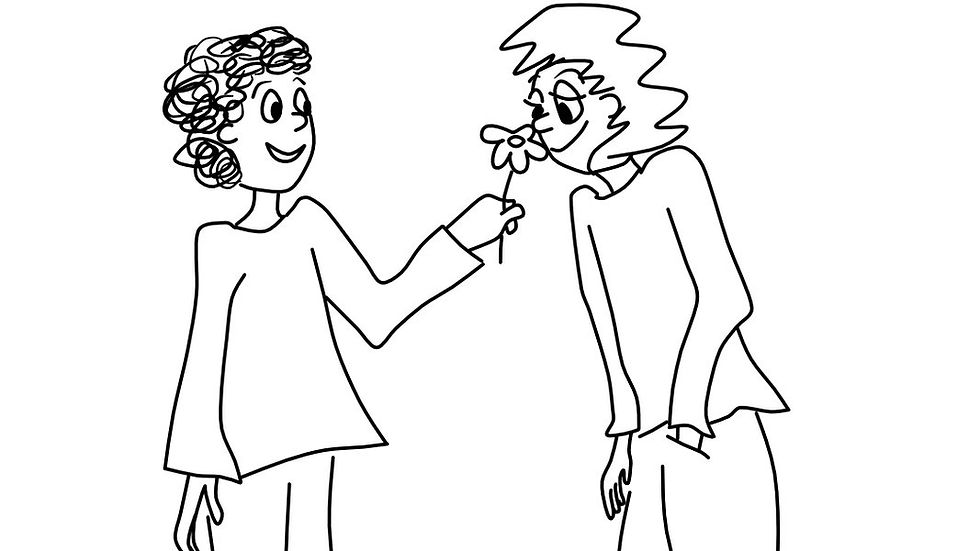How to Use Gratitude to Combat Stress
- Wenna

- Apr 20, 2019
- 2 min read

Last week I wrote about the basics of both physical and mental self care. This week I’d like to build on that by focussing particularly on gratitude.
In order to be truly grateful, we must pause and reflect. The act of simply pausing to acknowledge is in itself valuable because it means we are living in the present. Most of the time, the kids I work with are both or either future focussed (worrying) or past focussed (replaying events, and usually not the good ones). Making a daily practice of gratitude links with the first strategy I work on with kids; learning to refocus on the small positive things as much or more than the negatives.
At this point in the year, they are used to coming in and starting our sessions by sharing one good thing that happened over the previous couple of days. Initially, a lot of kids really struggle with this, especially at the tween/teen stage of life, where from their point of view, the world can be a bleak place. The key is practice. Make it a habit.
As a group, we worked out a few different ways to work gratitude into their daily lives, based on what they enjoy and their learning styles.
For my intrapersonal learners and list makers:
Writing a list of small good things every day (often before bed)
Write a letter to someone expressing why you appreciate them
For my artists and visual learners:
Write down small good things on any scrap of paper as they happen, and put them in a glass jar. Take out and read when needed
Draw a quick doodle or something to represent small good things at least once a day. If you enjoy drawing, this has a double benefit.
For my kinesthetic learners:
Take a daily gratitude walk/cycle/run/tree climb; the goal is to look for beauty, however, you define it.
Some kids added that taking pictures would reinforce this
For my interpersonal learners:
Gratitude visits; spend time with people who lift you up
Express to those people, in person, why you appreciate them
I think the key is that kids need to start with what they already enjoy and build that practice into a regular and purposeful habit. Making positive reflection a routine can have a profound impact on the emotional filter kids use to make sense of the world. Won’t we all benefit from a world where our youth and future leaders more naturally see possibility, rather than a liability.




Comments